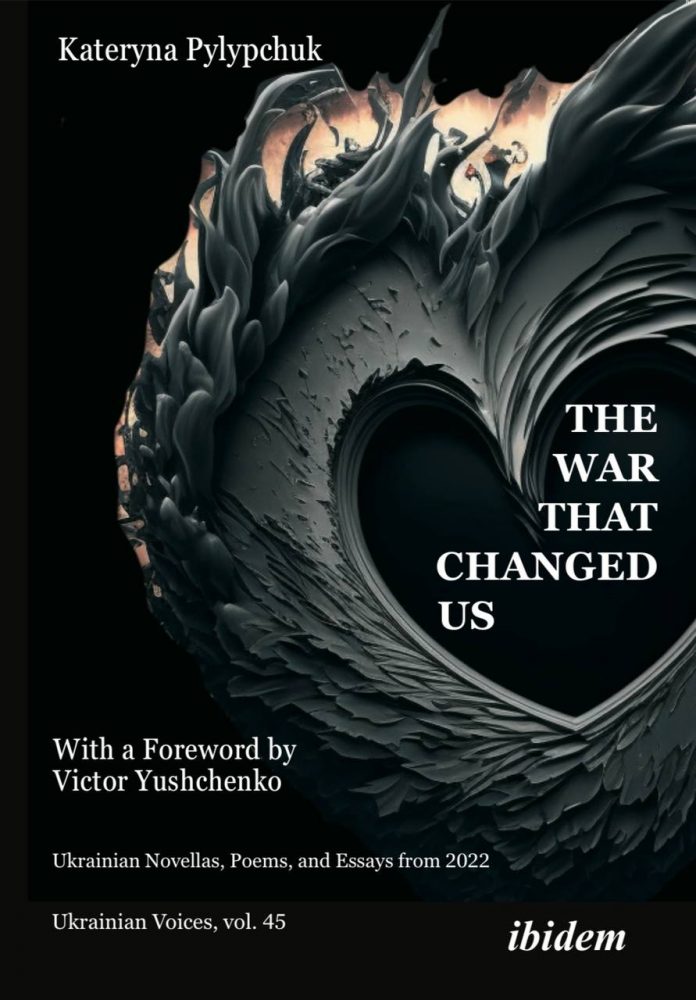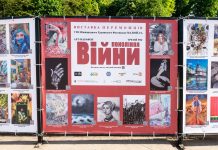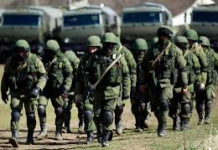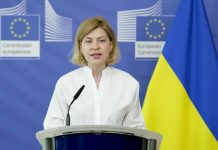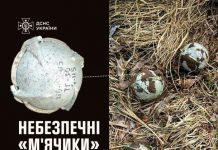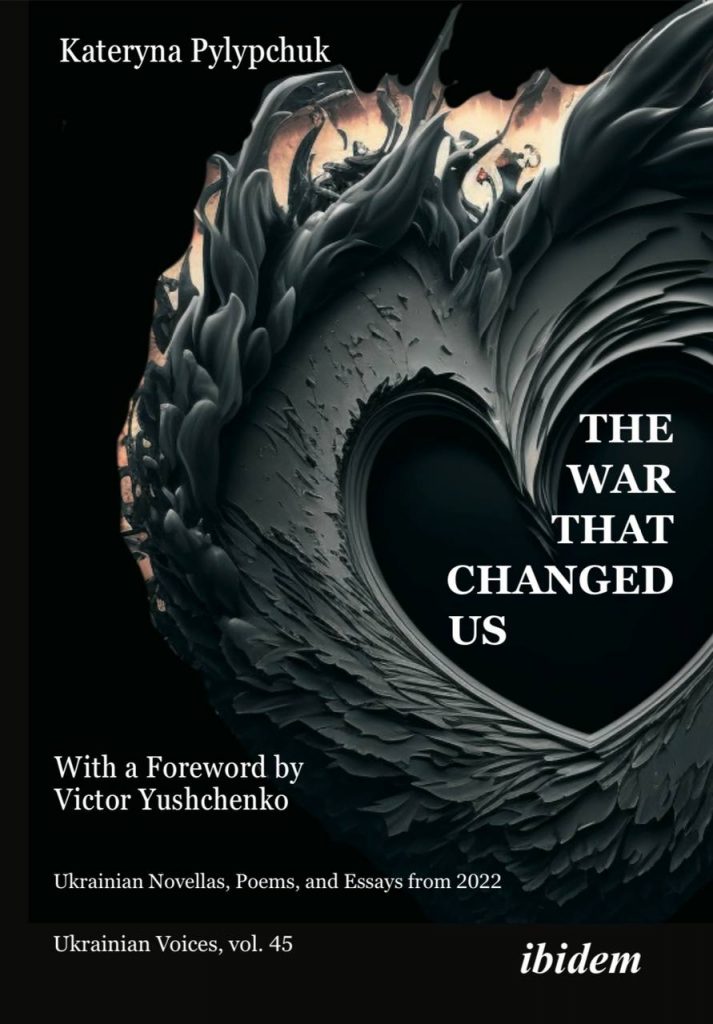
Very soon, the English edition of the book “The War That Changed Us” by Kateryna Pylypchuk, a Ukrainian writer and author of short stories and poetry, will appear on the shelves of Europe, the USA, Brazil, Australia, New Zealand, as well as on online platforms in other countries around the world. This edition is published by ibidem verlag as the 45th issue of the “Ukrainian Voices” series, initiated by its chief editor Andreas Umland in 2015 to shed light on Russian-Ukrainian relations.
In anticipation of receiving my copy of the book, I’ve already had the opportunity to familiarize myself with its content in digital format, as I am well-acquainted with the author. I know how much effort Kateryna has put into bringing this project from conception to publication in another country, creating a work of art.
Even on the book cover, I see an impressive composition: darkness pierced by light, still vibrant but already petrified, yet endlessly burning heart with a great black hole inside, which deeply reflects the emotions of Ukrainians without unnecessary words. The title speaks as if on my behalf: starting from February 24, just like all Ukrainians, I am experiencing irreversible changes, understanding that the book will have a profound impact on me.
This edition of the book differs from the first one, released during the blackouts in 2022, primarily in its design. This book contains 38 illustrations created by Kateryna with the help of artificial intelligence Midjourney. The profound reflection of the texts through the “digital assistant” finds expression in visual imagery. In the premium hardcover edition, the illustrations will be in color. In the softcover edition, they will be black and white. However, upon observing them, I can see that the loss of color doesn’t diminish the meanings that Kateryna embedded in them; in some cases, it even emphasizes them.
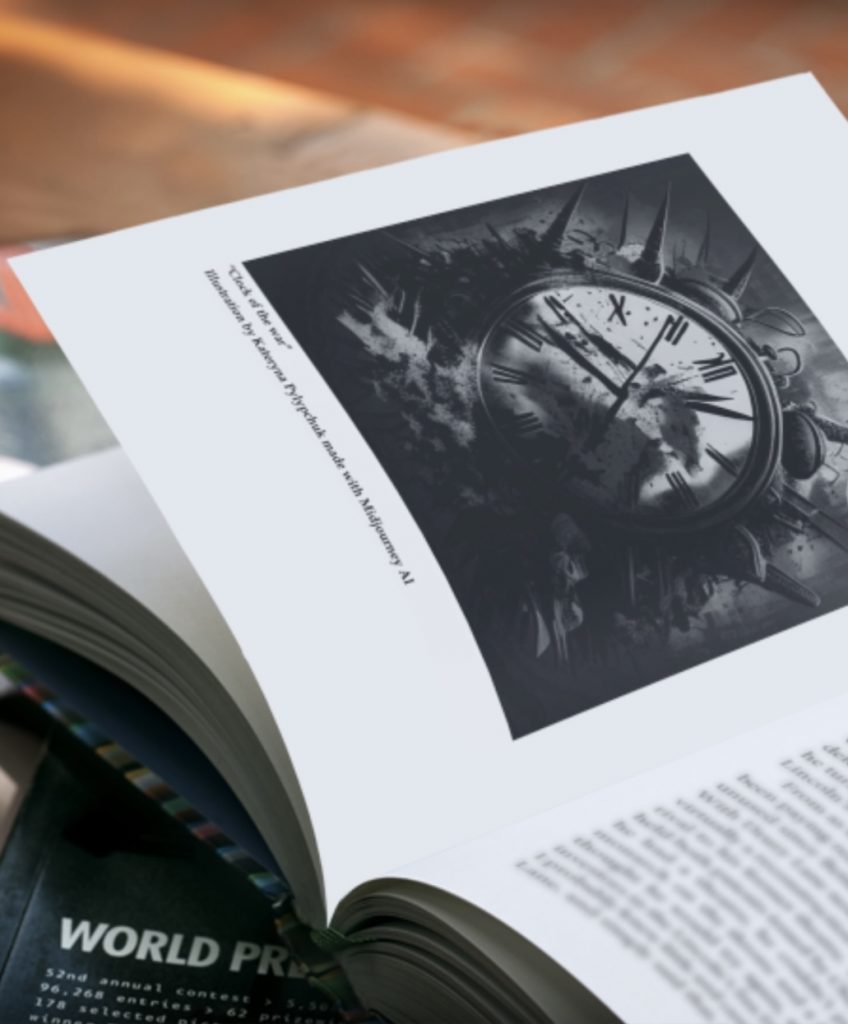
The book consists of 8 poetic and 30 prose reflections and novellas translated into English. I was fortunate to be one of the beta readers for the author, so I read all these texts in their original language.The foreword to this edition was written by Victor Andriyovych Yushchenko, the third President of Ukraine, who reminds the global readership of the power of words and their existence beyond space and time, of the historical depths of meanings that writers leave for future generations on their “cliffs”—the pages of books. President Yushchenko quotes Shevchenko, Bandera, Chornovil, and other Great Ukrainians, saying that the historical chance to triumph is ours right now. He emphasizes that the works of Kateryna Pylypchuk are also a reflection of the depth of the feat that Ukrainians are experiencing at this time. I am deeply impressed that Mr. Yushchenko addresses the world and once again underscores that victory can only be achieved through the collective agreement and support of Ukrainians in the struggle for their independence and the liberation of territories.
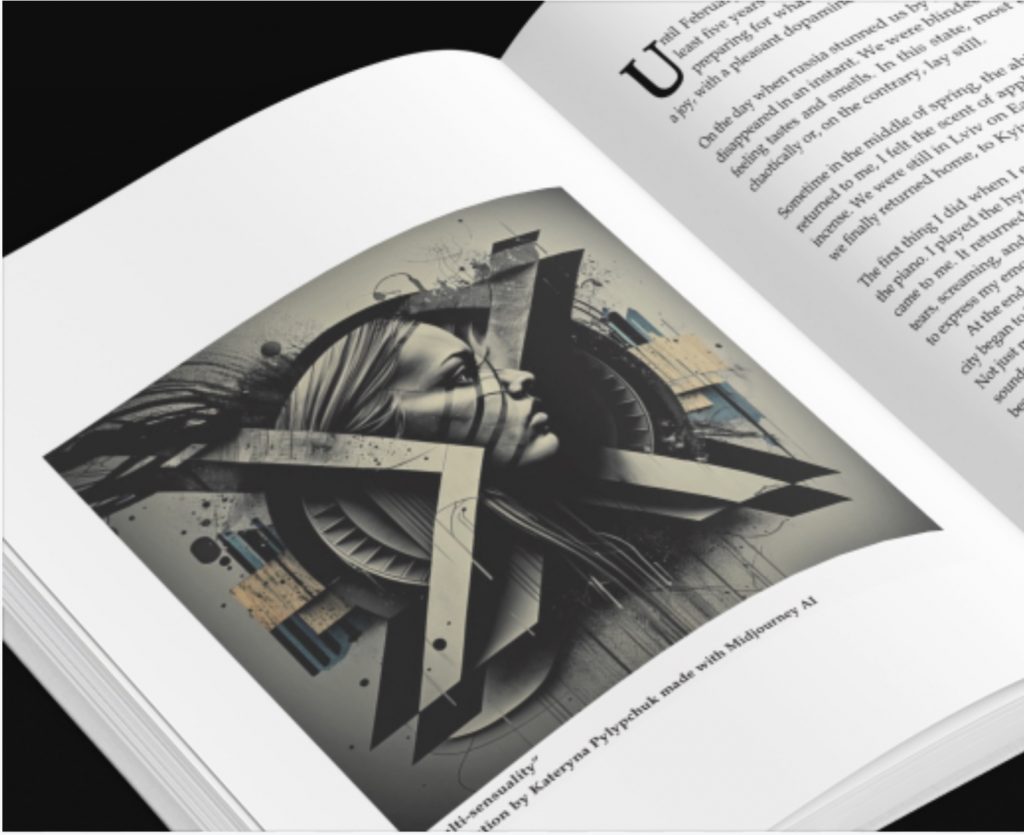
The words that we, journalists, authors, and documentalists, invest in our works carry immense significance. They capture the present as a light that will one day be seen by millions who have not yet been born. When translated into English, they become understandable to millions of our friends and acquaintances all over the world. As they read the works from the collection “The War That Changed Us,” they will stand beside mothers mourning for their children on the battlefield, parents relocating their children from occupied territories, and those who experience occupation and the destruction of their cities and homes, leaving their homes and becoming refugees.
The essay with the unusual title “Multi-sensuality” captivates from the first lines. Through her own reflection, Kateryna skillfully depicts the feelings of Ukrainians during the period from the Day of Full-Scale Invasion to the blackouts in Ukraine. She effectively conveys the loss and restoration of sensory experiences, which led to the discovery of a unique ability in people—multi-sensuality, which now becomes characteristic of Ukrainians wherever they are. The dynamics of emotions are successfully conveyed: from their loss to enriching life with new meanings.
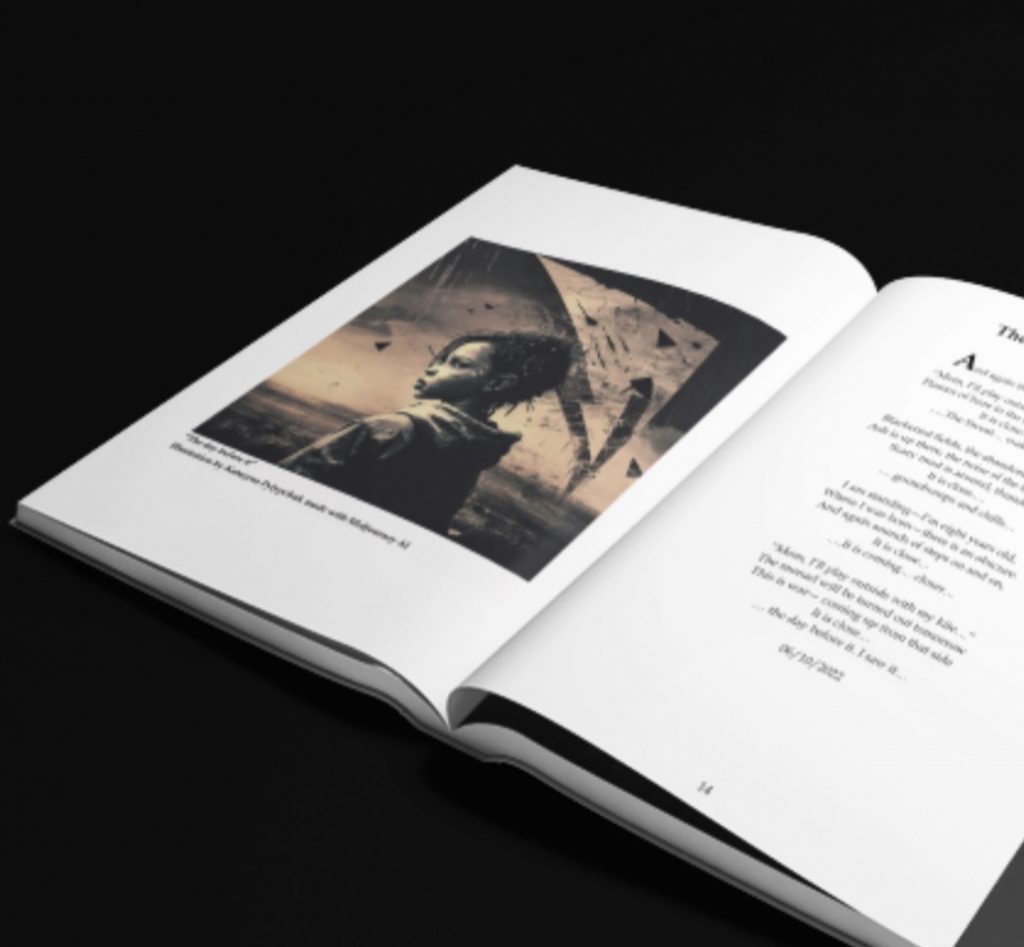
I would also like to draw special attention to Kateryna’s poetry. The poetic reflection “Today they’ve shot us with missiles” impressed me the most. Kateryna immerses her reader in the atmosphere of horror experienced by our country. Here, the author’s words intertwine in a rhythmic composition of “rhombic poem,” with refrains adding visual depth to the poetry.The poem “The Day Before It” reproduces the image of a boy symbolizing the Ukrainian people, who have known war for 8 years and feel its approach a day before the full-scale invasion. The war in Ukraine has been ongoing since
2014. And a whole generation of children has grown up in places where occupation has been going on for many years.
The final note in the book “The War That Changed Us” is the poem “Clock of the war” This poem seems to replicate the ticking of a clock, pulsating in the reader’s mind. Through this technique, the author conveys the sensation of the rapid passing of time from the Day of Full-Scale Invasion to the Day of Victory, and its calculation through events and numbers.
The question that the author leaves at the end of the book inspires contemplation: “what else can make closer the Victory Day”? How can we stop the symbolic “war clock” and turn its hands back?
In my opinion, this book is worth being read by everyone. It’s no wonder that its first edition spread around the world, becoming a bestseller in Taiwan and helping the author donate over 700,000 hryvnias to the Armed Forces of Ukraine. It’s worth mentioning that even while working with a foreign publisher, Kateryna managed to convince the publisher to double her author’s royalties so that she could send half of them to support the military.
Everyone who wants to get this book can already pre-order it on Amazon or meet the author and her publishers at a presentation in Kharkiv at the Vivat bookstore on September 22 at 5:00 p.m. where you can browse and buy the author’s copy directly from Kateryna.
Kateryna Flekman, journalist, writer,
author of the diary book of the first months of invasion ”You Wake Up in the Morning, Feed the Cat.”
Подписывайтесь на telegram-канал journalist.today

